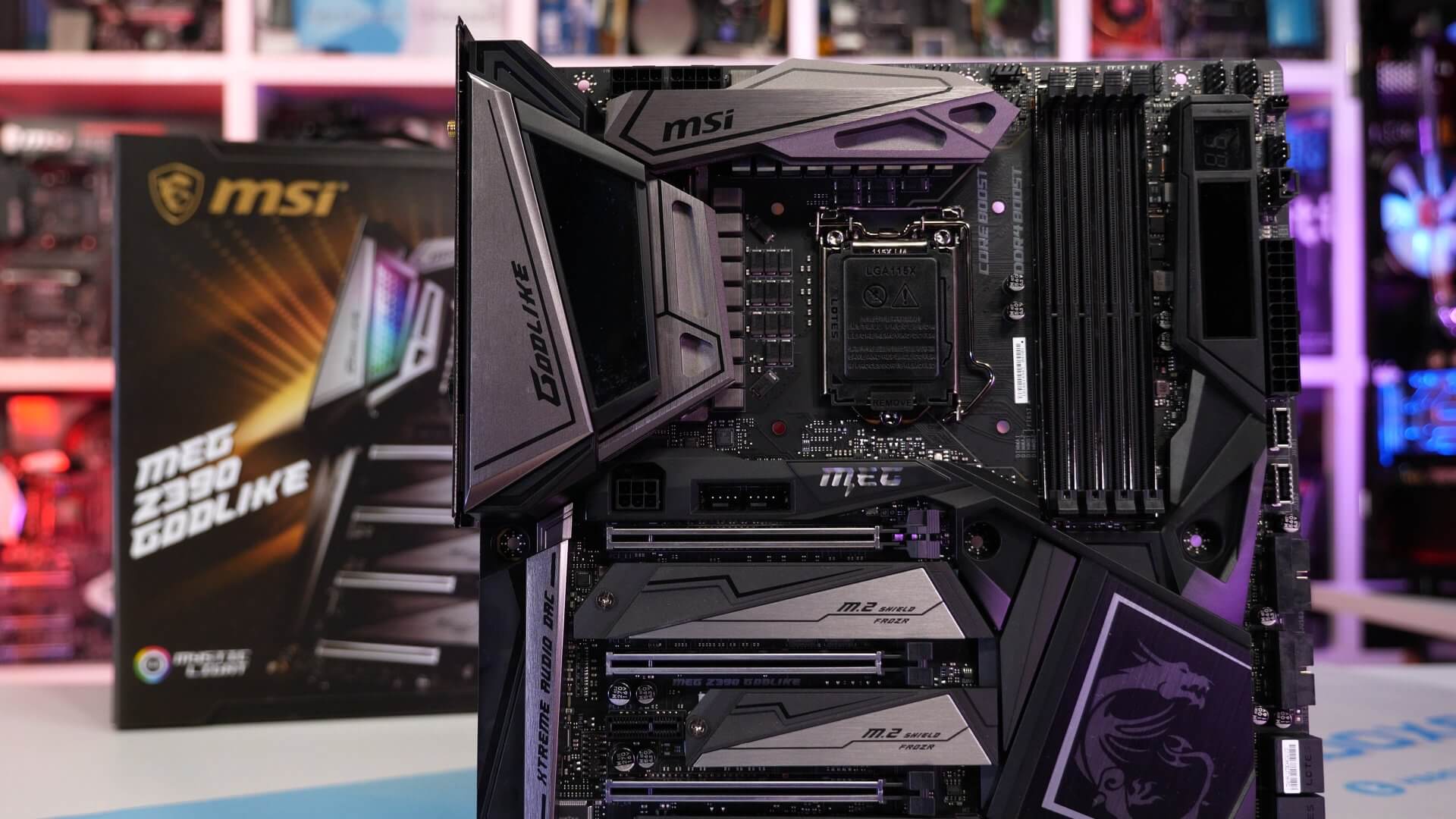My point was that even at a $1979 price point for 9980XE and $1799 for 2990WX the 9980XE overall has better performance and better price-to-performance on those limited Anandtech HEDT tests. So this price drop for the 10980XE is huge. It makes the price-to-performance relative to the 9980XE (which was overall already better than the 2990WX) TWICE as good.
As for TR3 and 10920XE/10980XE, they haven't been released so frankly, no, no one can name anything that a TR3 would or wouldn't clock for clock, core for core, beat.
As for clock-for-clock and core-for-core, that's irrelevant. These aren't going into servers. All that matters for this is the performance for the task you're using it for, the power consumption, the total platform cost, and stability.
As an analogy, if someone gave me equal bets and payouts for Wilder vs Canelo in a boxing fight, I wouldn't say Canelo is going to win because pound-for-pound he's better. Of course he's going to get absolutely pummeled. I'd take Wilder 100% of the time.
If a theoretical 32C/64T 3990WX beats a 18C/36T 10980XE by 20%, at the same price and power consumption, I wouldn't claim the 10980XE is better... would you? So per-core performance doesn't matter.
Now, if a 10980XE at 3.0GHz -> 3.8/4.8 beats a theoretical 3990WX running at 3.2GHz -> 4.2GHz, are you going to call the 3990WX better because it has a lower boost? I hope not.
Obviously we don't know what the 10980XE performs like either? Wait we do.
Here are the facts as far as we know them about both.
1. Cascade Lake - X is a very slight process improved SL-X (as apposed to 9980xe which is) much like Coffee Lake is a process improved Skylake. All still 14nm
2. SL-X has reduced IPC vs SL due to mesh and changes made to boost specific server use cases (resembles Zen 1 in design in some choices).
3. For Yields as core count goes up even max ST turbo goes down.
4. Core for Core outside Spectre/Meltdown and a few other mitigations that Cascade Lake -x can be hardened from, SL-X and Cascade lake will be the same clock for clock. Which means we can project performance.
Here is what we know about Zen 2 through Ryzen and Epyc.
1. Memory performance and communication does not matter what CPU is talking to what channel.
2. That memory performance is drastically better then Zen and Zen 1 setups on EPYC.
3. That chip to chip communication is rather quick and actually inline with the mesh speed of SL-X.
4. That IPC of Zen exceeds that of Coffee Lake.
5. That while max clocks of 8c Ryzen does not quite match intels. The 3900x shows that they can as long as they are ok with the power and cooling can more easily maintain clock speeds as core count goes up.
6. That Ryzen 3k and EPYC shows that performance scales as linearly as possible as core usage goes up across any tool that can use it. Basically the IO for this example has no affect on performance. Whether its a 1 die, 2 die, or 8 die CPU. It performs as though it was one large Mono Die.
So what does this tell us about TR3.
1. That core speed no matter the core count up until general power limits, will keep up with Desktop Ryzen.
2. That non-uniform performances like the 2990wx are dead. A 32c TR3 will perform like a 16c TR3 and the 16c TR3 to a Ryzen 3k clock for clock (assuming mem bandwidth is not needed)
3. That it will hold a significant advantage in IPC over Cascade Lake because we see that cascade lake is worse then Coffee Lake and Zen 2 is better then Coffee Lake.
All we are missing is the exact clock info of TR3. Outside that we already know what it is. What it is, is going to be significantly faster then Cascade Lake - X. As long as AMD doesn't increase costs significantly per core over the TR2 pricing. Its going to offer far great $/perf. Then you add on the fact that Cascade Lake has to tap out before TR3 can ever start warming up the core count (I mean seriously. TR3 basically is at the lowest core count it can be at 16c, with Cascade Lake -X stopping at 18c).

 www.techspot.com
www.techspot.com

 www.techspot.com
www.techspot.com


